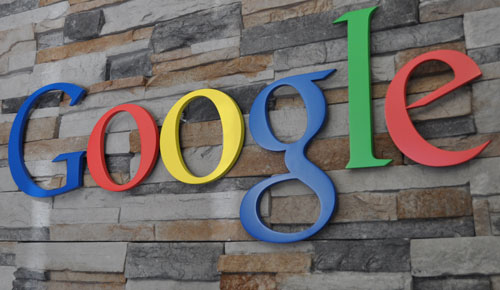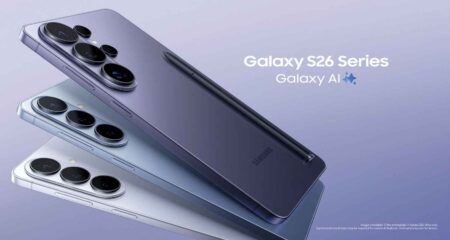
Go ahead, but we’re watching you. That, in effect, is what competition authorities in America and the European Union told Google on 13 February. Last August, the search engine giant agreed to buy Motorola Mobility, a maker of mobile phones with 17 000 issued patents and 6 800 pending, for US$12,5bn. Neither America’s department of justice (DoJ) nor the European Commission has found a reason to halt the deal, but both tempered their approval with words of caution.
The watchdogs sniffed the deal carefully because patents are powerful weapons and war is already being waged. This month, Motorola Mobility won a court ruling in Germany to stop Apple selling several iPhones and iPads in its online store there; Apple managed to have the ban suspended. Microsoft and Apple have been firing regular volleys at devices that use Google’s Android operating system. At the International Trade Commission (ITC), a popular American venue for patent disputes, Microsoft is suing Barnes & Noble over the bookseller’s Nook e-reader. In April, some Android phones made by Taiwan’s HTC are due to be barred from America, after a ruling in Apple’s favour by the ITC in December.
Google has hitherto been poorly armed, which helps explain why it is forking out $12,5bn for Motorola Mobility’s arsenal. The protection this affords to Android should help the spread of the operating system, which according to Gartner, a research and consulting firm, powered just over half of all smartphones sold in the fourth quarter of 2011.
Even so, Google’s purchase won less than wholehearted endorsement from American and European officials. A lot of Motorola Mobility’s patents cover technology needed to meet agreed industry standards that allow, say, phones to talk to networks. Once a standard is set, people have little choice but to use it.
In theory, companies with “standard-essential” patents (SEPs) can charge exorbitant royalties, refuse licences or ask courts to ban unauthorised products. In practice, they usually do not: in return for having their know-how built into standards, holders of SEPs are required by international standard-setting bodies to license it on “fair, reasonable and non-discriminatory” (Frand) terms. Loads of companies use the technology of others, sometimes freely, sometimes for a fee or in cross-licensing agreements. But because Frand is in the eye of the beholder, an owner of an SEP may still demand more than others think is fair for a licence, and spark hostilities.
Although it let the Motorola deal go ahead, the DoJ compared Google unflatteringly with Apple and Microsoft. On the same day, it approved the picking of 6 000 patents from the carcass of Nortel Networks, a bankrupt Canadian equipment-maker, by a consortium that includes Apple and Microsoft, as well as Apple’s purchase of patents once owned by Novell, an American software company. The department said that short statements by Apple and Microsoft promising not to seek injunctions against products using SEPs had eased its concerns about possible damage to competition, but it called Google’s commitments “more ambiguous”. In a letter to the IEEE, a standards-setting organisation, on 8 February, Google said it would not go to court either — as long as licensees accept its terms. These include a maximum royalty of 2,25% of a final product’s price, before mobile operators’ subsidies; on a $500 phone, that makes $11,25.
Joaquín Almunia, the EU’s competition commissioner, had already made his worries about the potential abuse of SEPs plain: last month he started an antitrust investigation into Korea’s Samsung, which has been seeking injunctions against Apple in several countries. This week he restated his fears — and pointed out that his approval for the deal did not imply a blessing for whatever Google might do in the future. Google surely knew that: separately, Almunia’s trustbusters have been examining complaints that the company abuses its dominant position in online search. Google looks like getting Motorola. But it may yet be got at. — (c) 2012 The Economist
- Subscribe to our free daily newsletter
- Follow us on Twitter or on Google+ or on Facebook
- Visit our sister website, SportsCentral (still in beta)




